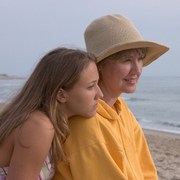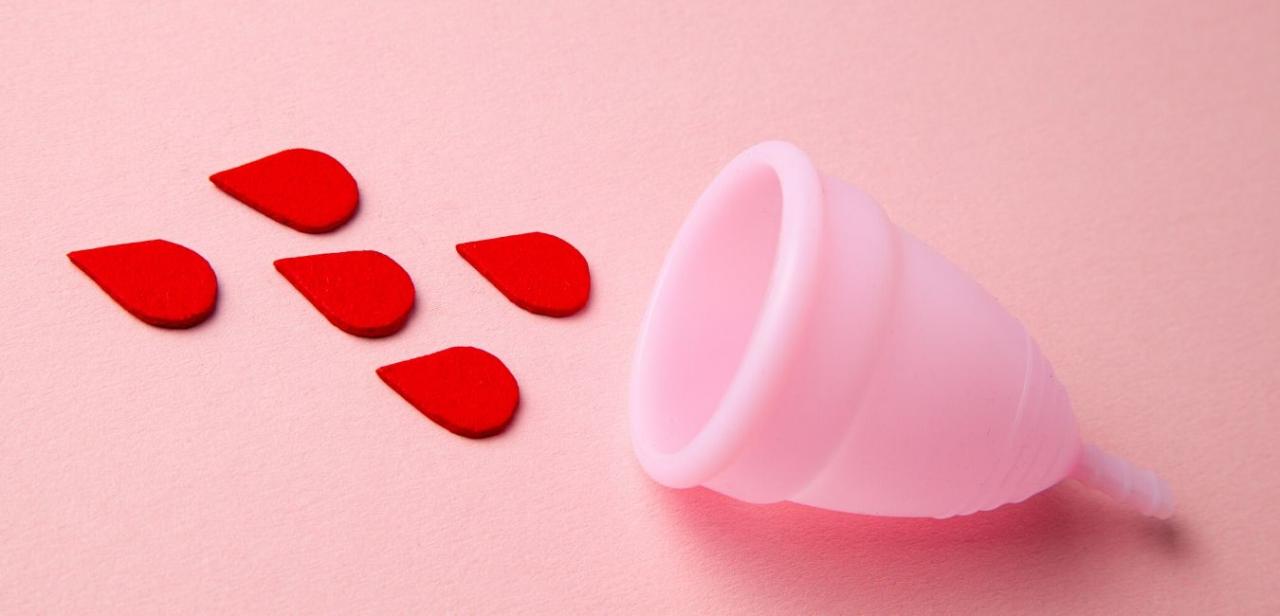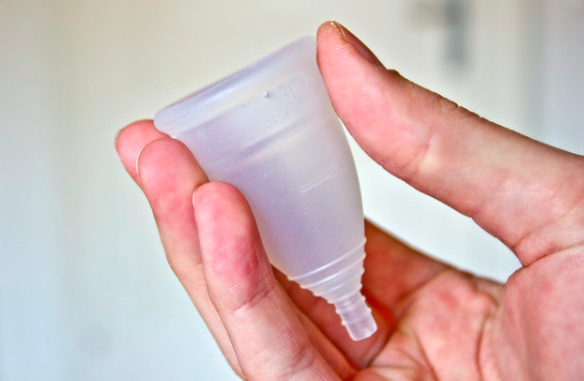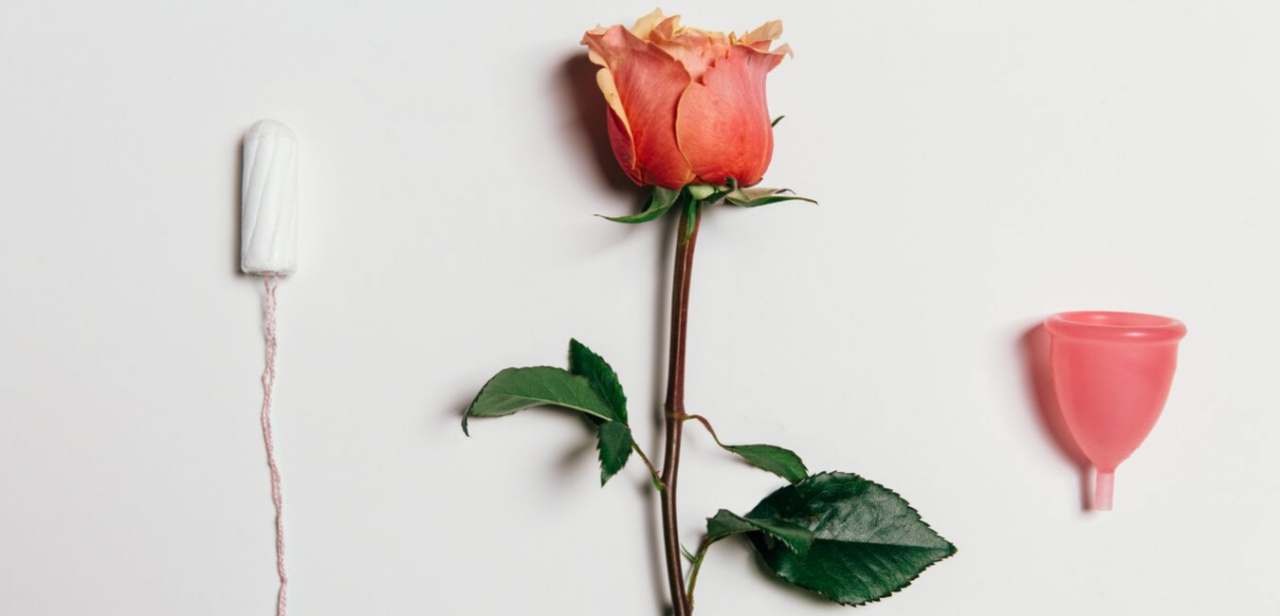 iStockphoto/Thinkstock
iStockphoto/Thinkstock
If you’re a pre-teen or teen girl who has not yet had a menstrual period, you may be wondering when your first period will start. And you may be feeling nervous about it.
If you’re very worried, try to talk to your mom or another female relative. If you’d rather not speak to a family member you could try talking to a female teacher or school counsellor.
The first period, known as menarche (pronounced men-ar-kee, a Greek word for "beginning") can occur as early as 8 years old or as late as 15 or 16.
If you haven’t started your period when you are over 16, you should see a doctor. The average age for a girl to start her period in the U.S. and the U.K. is 12 years.
A period is a healthy sign that your body is capable of carrying a baby, should you decide to become a mother at some point in your future.
Why does a Period Happen?
You have two ovaries which have follicles in them that contain immature eggs. Your pituitary gland (a gland in your brain) releases a hormone called follicle stimulating hormone (FSH) and this causes the eggs to grow.
While your eggs are maturing in these follicles, your body also produces a hormone called estrogen. This signals to your uterus to grow a thick cushion-like lining made of blood and tissue.
If you were to get pregnant, this special lining would be the perfect environment for a fertilized embryo (baby in very early stages) to develop.
Once your eggs have grown big enough to be fertilized by a sperm, the rising levels of estrogen cause the pituitary gland to release a large amount of luteinizing hormone (LH) known as the LH surge and this signals to the ovary to release an egg.
The follicle bursts and an egg is ejected into the fallopian tube where it travels to the uterus to be fertilized by a sperm. This is called ovulation.
The empty follicle produces another hormone called progesterone which will help maintain pregnancy if the egg is fertilized and prevents further ovulation from occurring.
If however, no fertilization takes place after a few days, the empty follicle stops producing progesterone and gets re-absorbed into the ovary. Levels of estrogen also fall and this causes the lining of the uterus to break up.
The unfertilized egg, blood and tissue then pass through the vagina and leave your body. This is your period.
The menstrual period can last anywhere from two days to a week. The whole cycle takes about 28 days on average and then repeats itself. The average length of a menstrual period is five days.
You will need menstrual pads. These are absorbent pads that are placed in your underwear to soak up blood and stop it from staining your clothes. Or you can use a type of internal protection like a sea sponge tampon or mooncup (a small cup you place into your vagina to catch the blood flow).
Does it hurt?
Most girls and women experience some discomfort. You may have:
• Mood swings (before your period begins)
• Bloating (before your period begins)
• Abdominal cramping
• Low back pain
Abdominal cramps and backache may be eased by a hot water bottle, warm bath or massage. Some women say their period pains were worse when they were teenagers and then eased after they had children. You may find this is the case.
When you first begin your periods they may also be irregular for the first few months. It is totally normal to skip one sometimes.
Although pregnancy is the most common cause of a missed period in young women, there are other causes, such as disease like polycystic ovarian syndrome (PCOS), stress, changes in circumstance (like going on holiday or moving house) or certain medications.
If you aren’t eating a healthy diet or you aren’t eating enough, this may cause your periods to be irregular or stop.
How do I Prepare?
Make sure you have menstrual protection in your bag, ready for when you start. You could also ask your mom, older sister or female friends for their experiences with menstruation or get a good book about it from your local library.
Some cultures even have parties or ceremonies for their daughters when they begin menarche as it is seen as initiation into womanhood.
If you’d like to do something similar, talk to your friends and family. Your first period is something worth celebrating!
Sources:
Before your First Period, Net Doctor. Web. 18 August 2012.
http://www.netdoctor.co.uk/health_advice/facts/first_menstruation.htm
Ovulation and the Menstrual Cycle, Home Health UK. Web. 18 August 2012.
http://www.homehealth-uk.com/medical/ovulationandmenstrualcycle.htm
Periods: Symptoms. NHS Choices. Web. 18 August 2012.
http://www.nhs.uk/Conditions/Periods/Pages/Symptoms.aspx
First Moon, History of Ceremonies. Web. 18 August 2012.
http://www.celebrategirls.com/history.htm
Joanna is a freelance health writer for The Mother magazine and Suite 101 with a column on infertility, http://infertility.suite101.com/
She is author of the book, 'Breast Milk: A Natural Immunisation,' and has an A grade diploma in Neuro-psychological Immunology, which is the study of how the mind affects the immune system.
Reviewed August 20, 2012
by Michele Blacksberg RN
Edited by Jody Smith





Add a CommentComments
There are no comments yet. Be the first one and get the conversation started!